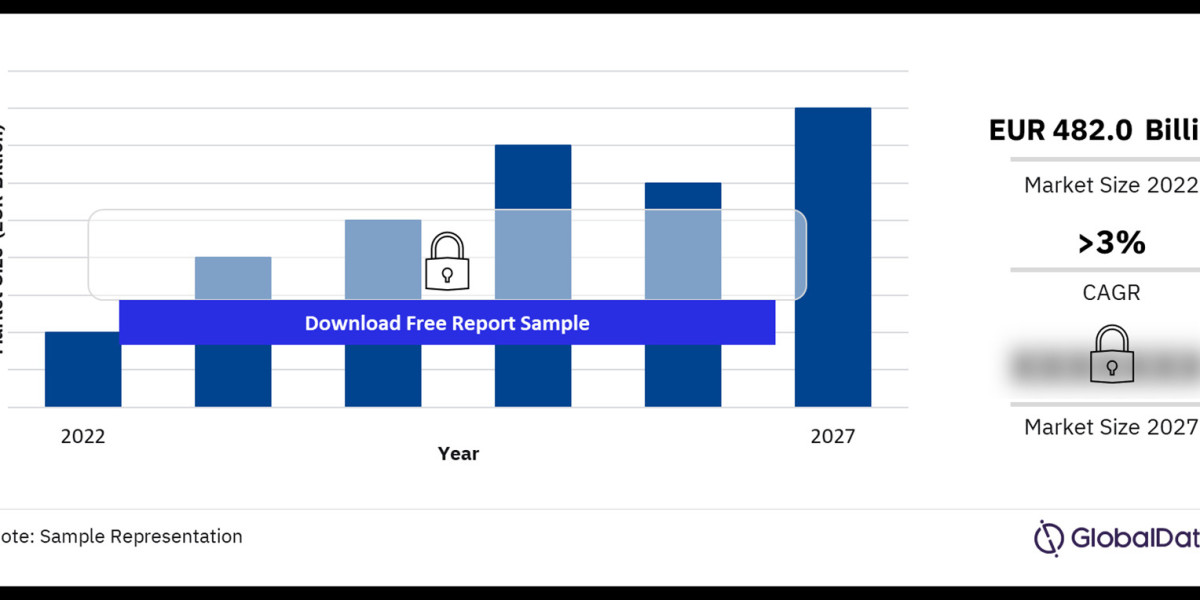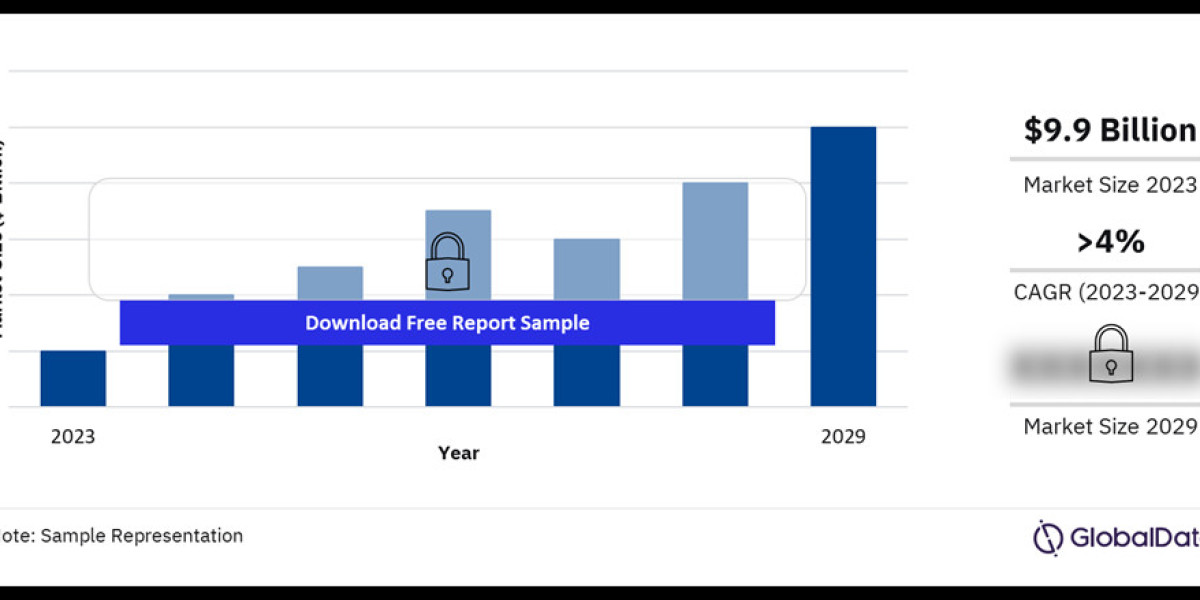The Middle East and Africa (MEA) retail banking sector has experienced transformative growth in recent years, fueled by digital innovation, changing consumer preferences, and evolving regulatory landscapes. This article delves into the key trends, challenges, and opportunities shaping the MEA retail banking market.
Key Trends in MEA Retail Banking
Digital Transformation
Digital banking has become the cornerstone of retail banking in the MEA region. The adoption of mobile banking apps, internet banking, and fintech partnerships has surged as banks aim to enhance customer experiences. Countries like the UAE, Saudi Arabia, and South Africa are leading this digital revolution.Rise of Fintech and Neo-banks
Fintech companies and neo-banks are disrupting the traditional banking model by offering seamless, low-cost services. These players cater to the unbanked and underbanked populations, which make up a significant portion of the MEA market.Focus on Financial Inclusion
Governments and financial institutions in the MEA region are prioritizing financial inclusion. Initiatives to extend banking services to rural and underserved areas are gaining traction, particularly in countries like Kenya, Nigeria, and Egypt.Sustainable Banking Practices
Sustainability is emerging as a critical focus area. Banks in the MEA region are integrating Environmental, Social, and Governance (ESG) factors into their lending and investment practices, aligning with global sustainability goals.Personalized Banking Services
Retail banks are leveraging artificial intelligence (AI) and data analytics to provide personalized banking experiences. Tailored products and services, such as customized loan packages and investment options, are becoming the norm.
Challenges in MEA Retail Banking
Regulatory Complexity
Diverse regulatory frameworks across countries in the MEA region pose challenges for retail banks. Ensuring compliance while expanding operations remains a significant hurdle.Cybersecurity Threats
As digital banking services expand, so does the risk of cyberattacks. Banks need robust cybersecurity measures to protect customer data and maintain trust.Economic Volatility
Economic instability in certain parts of the region, driven by factors such as fluctuating oil prices and political unrest, impacts the banking sector's growth and stability.Competition from Fintech
While fintech companies present partnership opportunities, they also pose a competitive threat to traditional banks, particularly in attracting younger, tech-savvy customers.
Opportunities in MEA Retail Banking
Untapped Markets
With a large unbanked population, the MEA region presents significant growth opportunities. Retail banks can expand their customer base by offering accessible and affordable banking solutions.Partnerships with Fintech
Collaborating with fintech firms can help traditional banks innovate and stay competitive. These partnerships enable banks to offer cutting-edge digital solutions and reach new customer segments.Islamic Banking Growth
Islamic banking continues to grow in popularity across the MEA region. Retail banks offering Sharia-compliant products can attract a broader customer base in markets like Saudi Arabia, the UAE, and Egypt.Adoption of Emerging Technologies
Technologies like blockchain, AI, and machine learning hold immense potential to transform retail banking operations. From enhancing security to improving customer experience, these technologies offer numerous benefits.Focus on Youth and SMEs
The MEA region’s young population and the growth of small and medium enterprises (SMEs) present a dual opportunity. Retail banks can tailor products to meet the unique needs of these segments, fostering long-term growth.
Buy The Full Report to Know More About the MEA Retail Banking Market
Download a Free Report Sample









